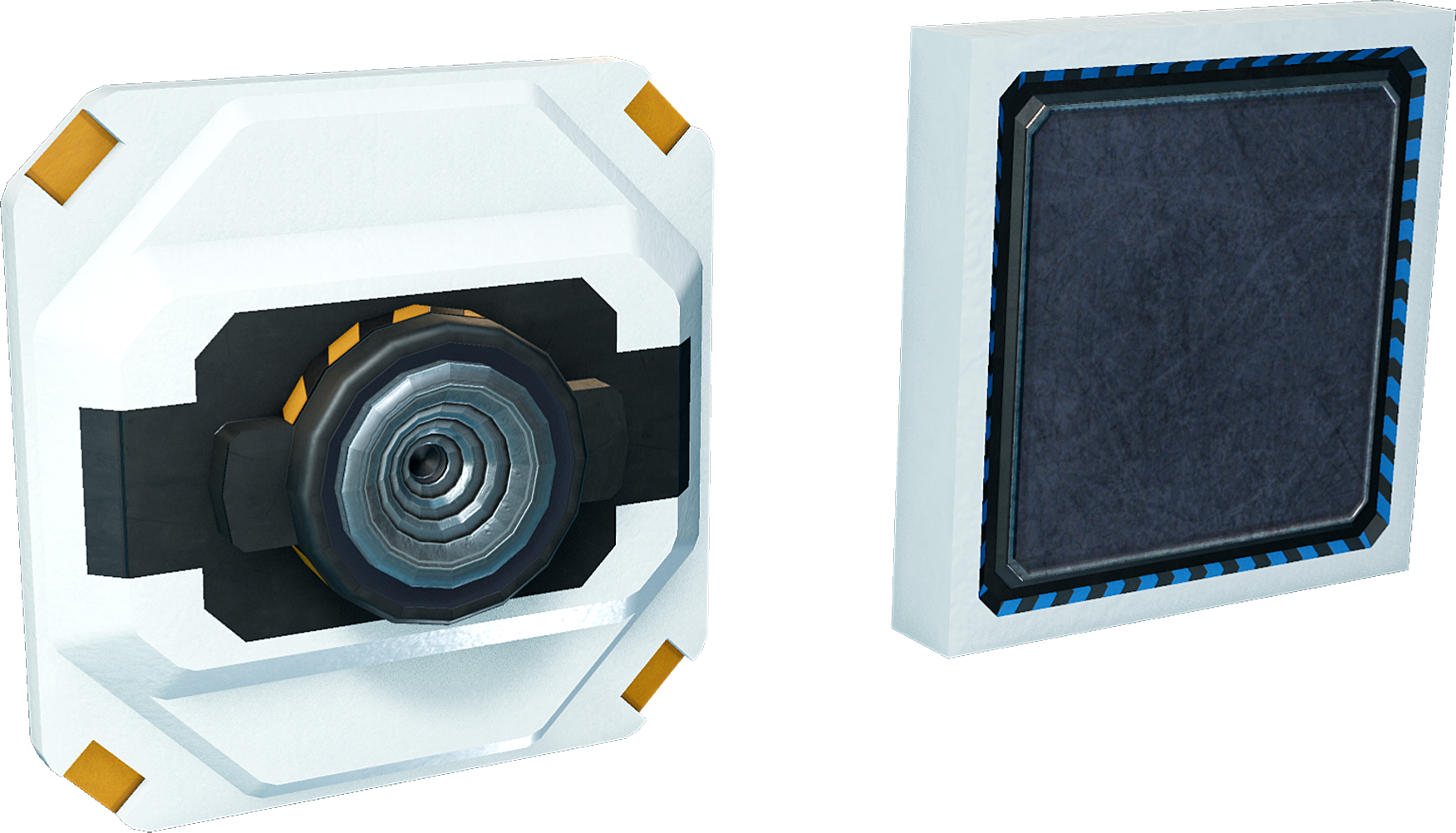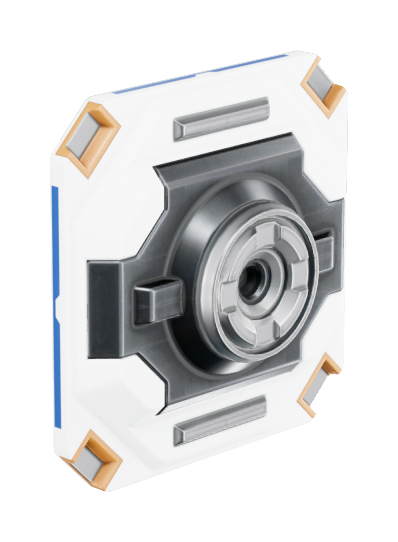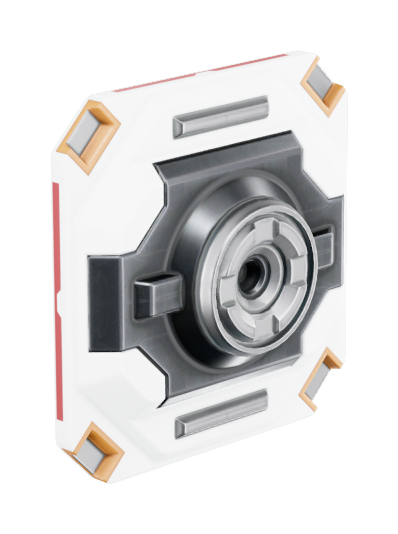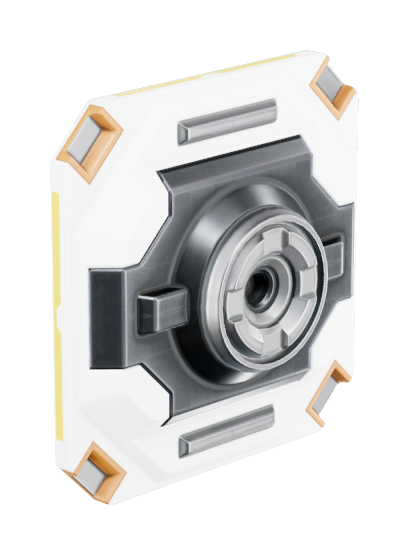Difference between revisions of "Maneuver thruster"
m |
m |
||
| Line 25: | Line 25: | ||
<li>36 e/s ''(T2)''</li> | <li>36 e/s ''(T2)''</li> | ||
<li>60 e/s (T3)</li></ul> | <li>60 e/s (T3)</li></ul> | ||
|propellantIn=<ul><li> | |propellantIn=<ul><li>15 p/s ''(T1)''</li> | ||
<li> | <li>13.5 p/s ''(T2)''</li> | ||
<li> | <li>18 p/s ''(T3)''</li></ul> | ||
|thrust=<ul><li>40,000 ''(T1)''</li> | |thrust=<ul><li>40,000 ''(T1)''</li> | ||
<li>44,000 ''(T2)''</li> | <li>44,000 ''(T2)''</li> | ||
Revision as of 07:30, 13 July 2021
- 40 e/s (T1)
- 36 e/s (T2)
- 60 e/s (T3)
- 15 p/s (T1)
- 13.5 p/s (T2)
- 18 p/s (T3)
- 40,000 (T1)
- 44,000 (T2)
- 52,000 (T3)
Maneuver thrusters are a type of thruster used almost exclusively to provide attitude control to spaceships, allowing them to maneuver. Though they produce relatively little thrust, maneuver thrusters are simple devices with a low profile, which makes them attractive options for smaller spacecraft.
Basic information
Unlike other thrusters, maneuver thrusters are single-piece designs, which greatly simplifies their usage. Each maneuver thruster can be addressed individually or as part of a larger group via their device fields, though not as readily as triangle thrusters can. Being cold-gas thrusters, maneuver thrusters are unique in that they produce very little in terms of thrust trails, and have zero light emission while doing so. This can make them a useful option for designers attempting to minimize the visibility of their spacecraft.
Types
Device fields
| YOLOL field | description | range |
|---|---|---|
| ThrusterState | Requested output of the thruster | 0 - 10 000 |
| ThrusterCurrentThrust | Current output of the thruster | 0 - 10 000 |
To learn more about how to use fields, consult these wiki pages:



